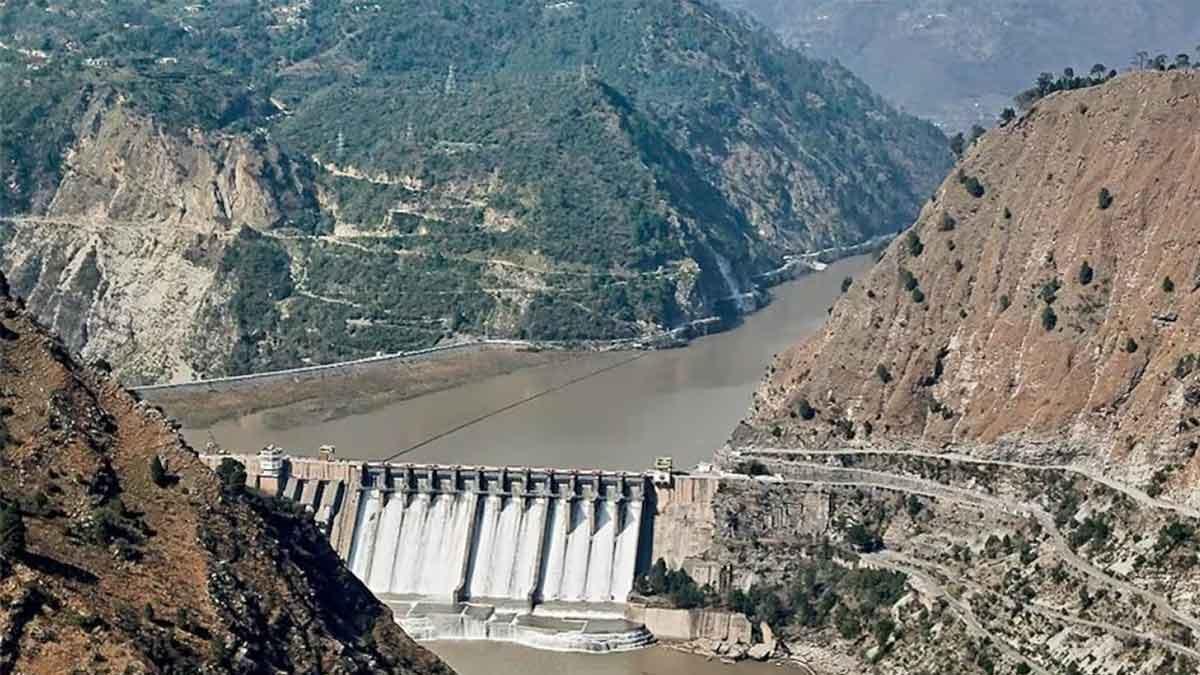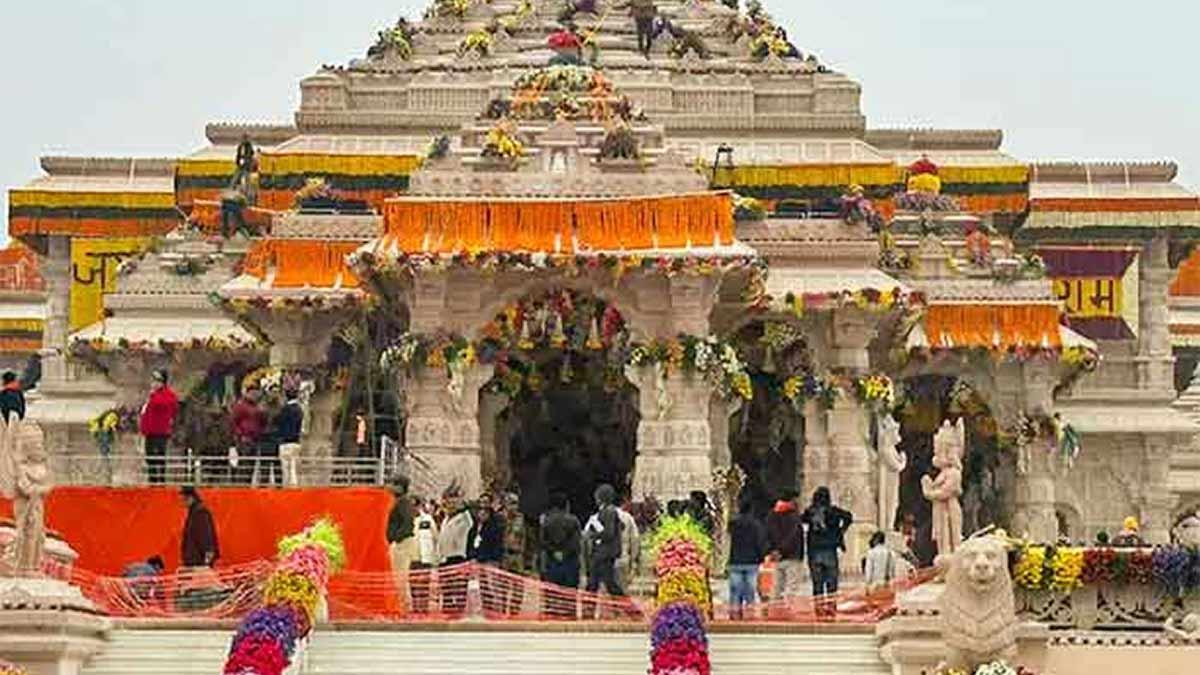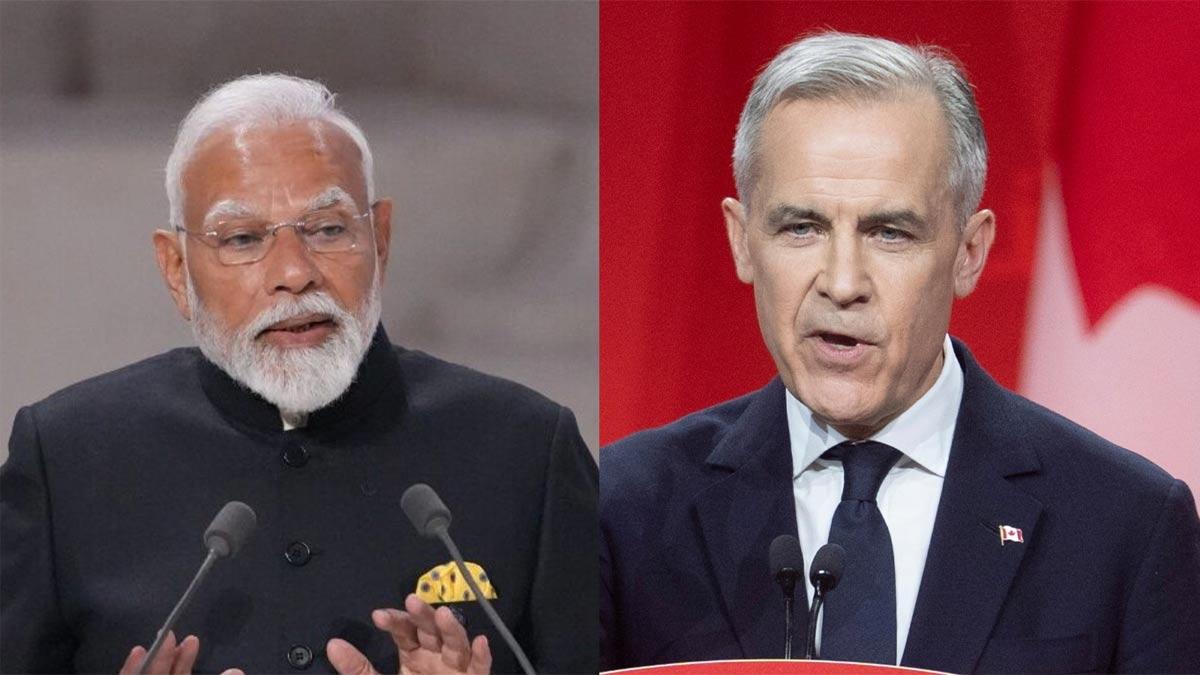India harshly criticized Pakistan on Saturday for circulating "disinformation" about the Indus Waters Treaty, which New Delhi suspended after a terrorist attack killed people in Jammu and Kashmir's Pahalgam last month. India's Permanent Representative to the United Nations Ambassador Parvathaneni Harish claimed that the 65-year-old treaty will not be lifted until Pakistan, which he termed a "global epicentre of terror," ceases supporting cross-border terrorism.
It was uttered in reaction to Pakistan's delegation bringing up the issue of the treaty before the UN, underlining that "water is life and not a weapon of war."
India had put the Indus Waters Treaty, which was signed way back in 1960, on hold on April 23—only a day after the attack at Pahalgam that left 26 dead. The tough decision by New Delhi to put the treaty on hold came after it discovered "cross-border linkages" to the horrific attack.
"India has behaved responsibly as an upper riparian state all along," said Mr. Harish, setting forth four points that reveal Pakistan's actions.
"India first came into the Indus Water Treaty 65 years ago in good faith. The preamble to the treaty has laid out the manner in which it was entered into with spirit and friendship. In the six and a half decades, Pakistan has dishonored the spirit of the treaty by subjecting India to three wars and thousands of terror strikes," he said.
Emphasizing the human toll, Mr. Harish pointed out that more than 20,000 Indians have died in terrorist attacks since the last forty years.
He went on to emphasize India's "extraordinary patience and magnanimity" in the face of these challenges.
"Pakistan state-sponsored cross-border terrorism in India attempts to take hostage the lives of civilians, religious harmony, and economic prosperity," he added.
"Secondly, in the last 65 years, sweeping fundamental transformations have occurred, not just in the form of mounting security issues through cross-border terror strikes, but also increasing needs for generating clean energy, global warming, and demographic change," the Ambassador elucidated.
He described the history of dam technology aimed at increasing safety and water conservation, pointing out that some of the older dams are in serious danger of collapse. However, Pakistan has continually put a stop to any infrastructure improvements or allowable treaty changes.
Mr. Harish reminded that terrorists attacked the Tulbul navigation project in Jammu and Kashmir in 2012.
"These cynical acts continue to pose a threat to the safety of our projects and civilians' lives," he said.
"Thirdly, India formally requested Pakistan to negotiate changes on multiple occasions over the last two years. But Pakistan still denies them, and Pakistan's obstructionist policy still blocks the exercise of full utilisation of the rightful rights by India," he continued.
"Four, it is in this context that India has at last declared that the treaty will remain suspended till Pakistan, being a world epicentre of terrorism, irrevocably and credibly withdraws support to cross-border terrorism," Mr. Harish reiterated.
He concluded, "It is obvious that it is Pakistan which continues to be in defiance of the Indus Waters Treaty."
The Pahalgam attack has further heightened tensions between the two nations.
After it was established that there were cross-border connections to the attack, India initiated "Operation Sindoor" on May 7 targeting terror training camps in Pakistan and Pakistan-occupied Kashmir (PoK).
In retaliation, Pakistan had mounted a mass-scale missile and drone attack, which India was able to repel. Indian forces then attacked air bases in Pakistan. The confrontation stopped with the ceasefire declared on May 10.
Read also| S Jaishankar Condemns Pakistan’s Terrorism, Highlights Operations from Major Cities
Read also| Top CPI (Maoist) Leader Basavaraj, 26 Other Naxalites Killed in Chhattisgarh Encounter


















